Register for free and continue reading
Join our growing army of changemakers and get unlimited access to our premium content
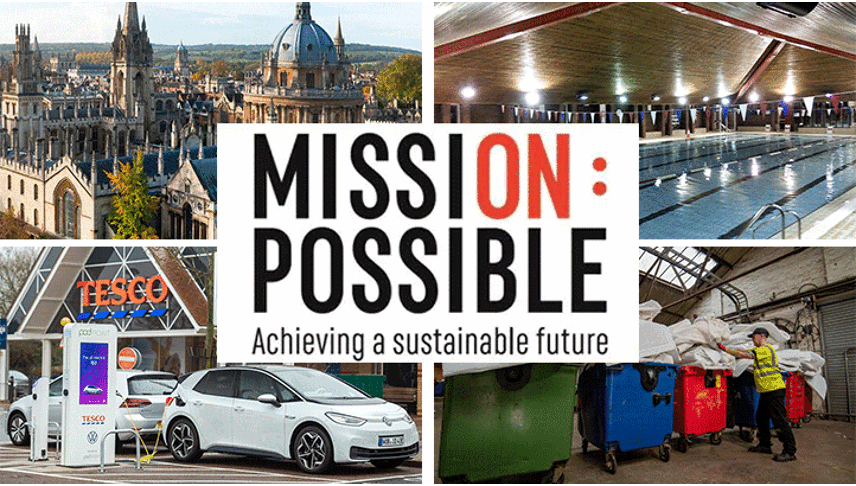
Published every week, this series charts how businesses and sustainability professionals are working to achieve their ‘Mission Possible’ across the campaign’s five key pillars – energy, resources, infrastructure, mobility and business leadership.
Across the UK, leading businesses, cities, states and regions are turning environmental ambitions into action. Here, we round up five positive sustainability stories from this week.
ENERGY: Devon leisure centre harnesses waste heat from data centre
Community Leisure UK, which represents the charitable trusts that run more than 880 swimming pools nationally, has warned the Government that up to half of these facilities will close due to high energy costs if Government support is withdrawn. Many have already scaled back opening hours to reduce the need to heat pools.
An innovative solution to the price crisis being trialled by Exmouth Leisure centre in Devon is harnessing waste heat from a local data centre. Data centre operator Deep Green has fitted a heat exchange system, capturing the heat from the machines at its facility and storing it in mineral oil, which can then be pumped to warm the pool. It provides enough heat to bring the pool to 30C for 60% of its opening hours.
Deep Green is not charging the council-run pool for the heat. Before the partnership was struck, it was facing an increase in annual energy bills of up to £100,000. Deep Green Founder Mark Bjornsgaard has said that seven other pools in England have expressed interest in forging a similar partnership.
RESOURCES: Manchester-based mattress recycling scheme posts success
The National Bed Federation estimates that just one-fifth of mattresses used in the UK are recycled. They are notoriously hard to recycle, because the foam and springs need to be separated from the fabric cover for any component to be properly recycled. Springs can damage equipment.
It was welcome news, then, to hear that more than 270,000 used mattresses have been diverted from landfill through a partnership in the Greater Manchester area. The Furniture Recycling Group and Suez partnered to scale the former’s recycling system, which breaks mattresses into 19 different component parts. The duo of businesses recently revealed that the scheme has collected 277,0000 mattresses, with 85% of the material by weight able to be recycled. This is around 7,000 tonnes.
“The partnership has not only seen us recycle 85% of materials, but it has also created 25+ new jobs in Greater Manchester, as we all work together to tackle the UK’s landfill problem,” said the Furniture Recycling Group’s founder and chief executive Nick Oettinger.
MOBILITY: Tesco’s EV charging point rollout passes 600 store mark
Tesco, Volkswagen and Pod Point first partnered in 2018 in a bid to install electric vehicle (EV) chargers across Tesco’s portfolio of UK-based supermarkets. The first infrastructure was installed in 2019 and, at that time, the target was to fit points for 600 or more stores, in order to host the UK’s largest retail EV charging network.
The supermarket has this week confirmed the launch of charging infrastructure at its 600th store, in Kirkwall, Orkney. Tesco also posted information on usage of other charging points, confirming that more than 6,100,000 charging sessions have been completed to date.
Tesco UK’s chief executive Jason Tarry said: “From Orkney all the way to Southampton, we’re helping customers to make sustainable choices by giving them somewhere easy and convenient to charge while they shop with us. Hitting our target of 600 stores with EV charging is a great milestone – and our work doesn’t stop there, as we’re now installing our first 75kW rapid chargers too.”
Charging points already installed at Tesco stores are a mix of 7kW, 22kW and 50kW units. The 75kW rapid chargers will be trialled in Tesco Extra stores at Cheshunt, Osterley, Shrewsbury, Ashby De La Zouch and York, as well as the Newark New Ollerton Superstore.
THE BUILT ENVIRONMENT: Community shares launched to retrofit Essex school
As we’ve already touched upon, the energy price crisis is far from over in the UK. Some schools reported a five-fold year-on-year increase in their bills and, with one key Government support scheme set to come to an end this spring, many are looking to improve energy efficiency to keep bills down in the longer-term.
Among them is Tollesbury Primary School, Essex, which has launched a community share offering via the local climate partnership. The shares will enable local people and businesses to invest in a major retrofit project, including new double glazing, loft insulation and cavity wall insulation. The project will also see a ground-source heat pump and a 68kW rooftop solar array installed, minimizing the need for expensive gas for heating.
The School estimates that the £200,000 project will save at least £14,000 on its annual energy bills and reduce its energy-related carbon footprint by 90%. The money reclaimed through energy savings will go towards additional learning resources once the school has paid back the TCP share offer, headteacher Kate Garnett has confirmed.
Tollesbury Climate Partnership’s director Mark Howard said his organisation “is extremely proud to be spearheading the community share offer, which is an investment model that can be used not only to transform public sector buildings across the UK but to bring people together to protect the future of our planet, and local primary school”.
BUSINESS LEADERSHIP: Diageo to mandate academic sustainability course for all senior leaders
Gaining buy-in from senior leaders is widely regarded as essential to delivering an ambitious corporate sustainability strategy – as is ensuring that these leaders are clued-up on key focus topics going forward.
As it works to deliver its ‘Society 2030: Spirits of Progress’ strategy, Diageo is mandating the completion of a new 12-week sustainability programme for its senior leaders. The beverage giant has worked with Saïd Business School at the University of Oxford on the development of the programme, which has been trialled ahead of a wider rollout to 600 members of staff.
Topics covered in the course include aligning corporate purpose and value creation with environmental and social sustainability; responding to climate change and improving ESG-related risk measurement and reporting.
“We want to make sure that everyone understands both the theoretical and the practical ways in which they can make a difference, to the company, the environment and to communities around the world,” said Diageo’s director of society Kate Gibson.
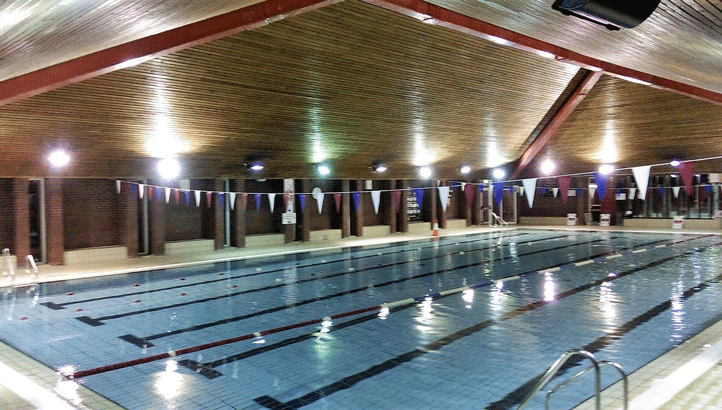
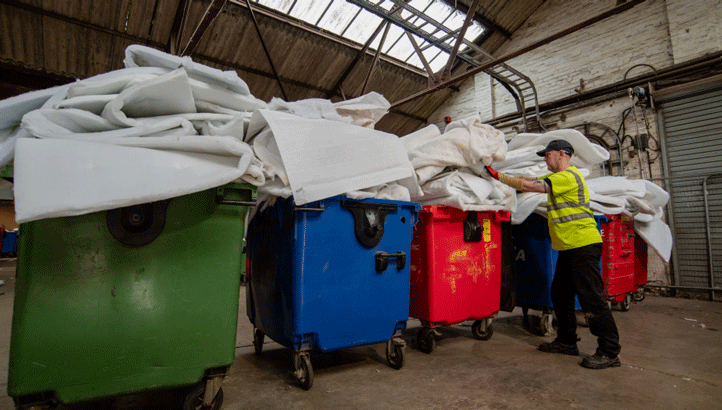
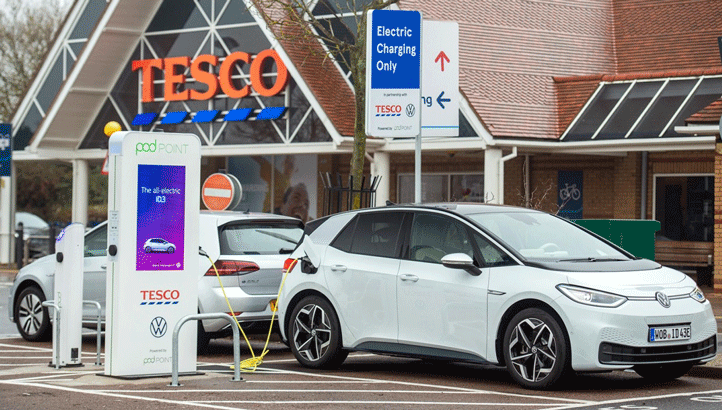
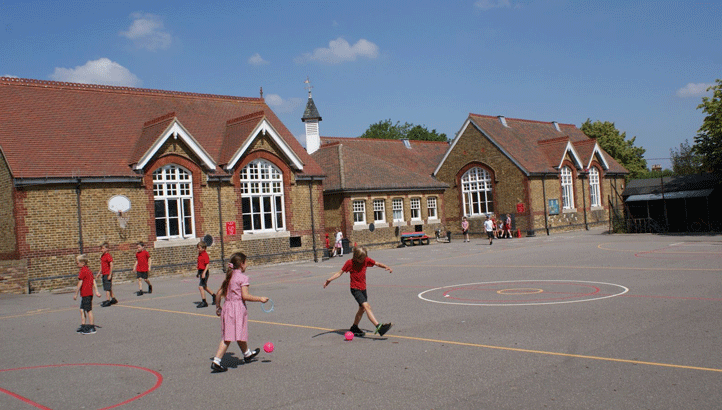



Please login or Register to leave a comment.